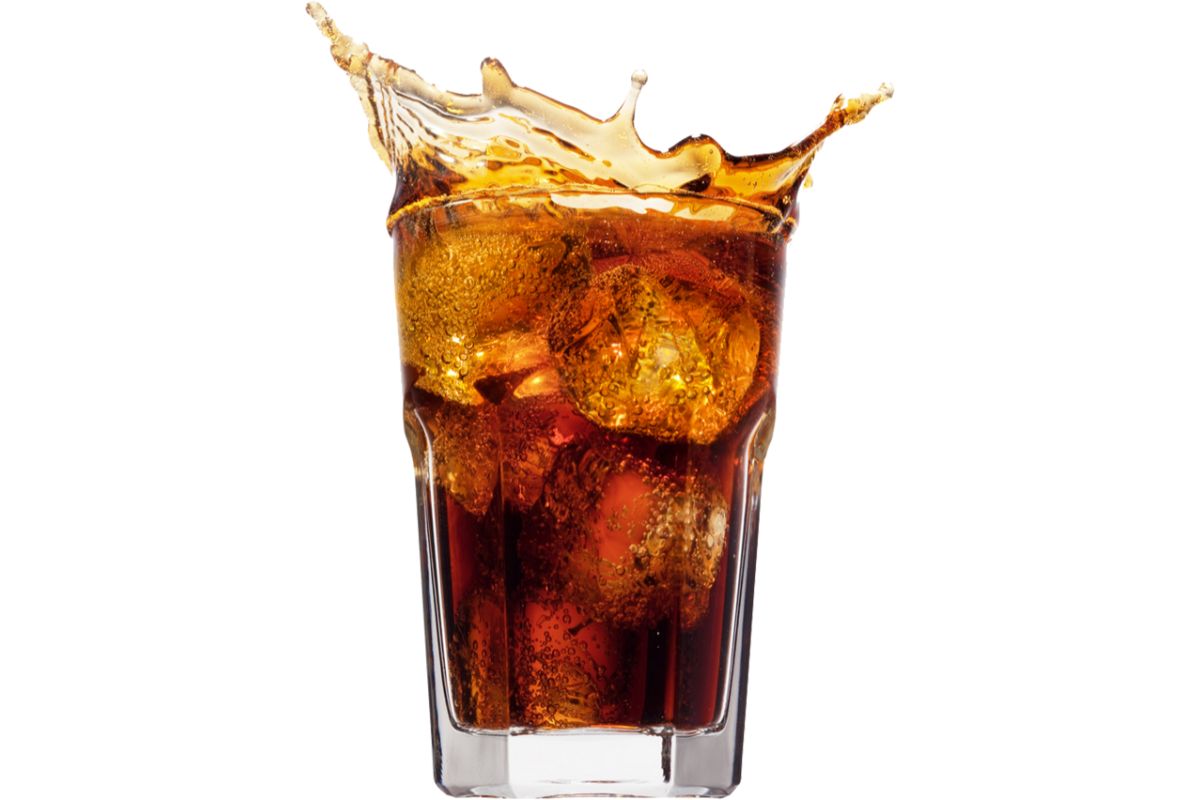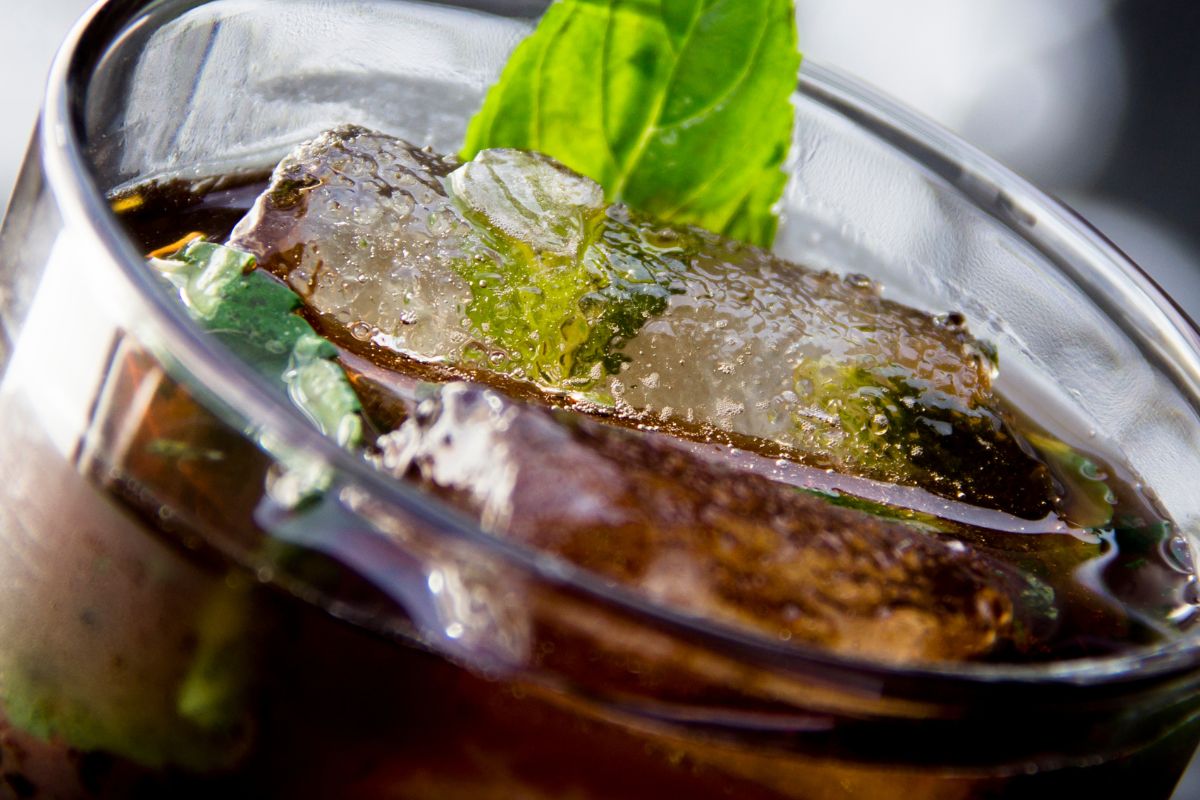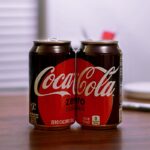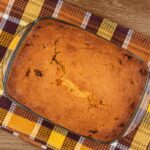Diet Coke is a popular carbonated beverage that has been around since the 1980s. It has gained a loyal following over the years, thanks to its low-calorie content and refreshing taste. However, one common question that often arises is whether Diet Coke contains caffeine.

In this article, we will explore this question in detail and provide you with all the essential information you need to know about the caffeine content of Diet Coke.
Whether you are a Diet Coke fan or just curious about its ingredients, read on to learn more about this popular beverage!
What Is Diet Coke?
Diet Coke is a sugar-free soda that was introduced by The Coca-Cola Company in 1982 as a diet alternative to regular Coca-Cola. It is marketed as a low-calorie option for those who want to enjoy the taste of cola without the added sugar and calories.
Diet Coke is made using a combination of artificial sweeteners, including aspartame and acesulfame potassium (Ace-K). These sweeteners provide the desired sweetness without contributing significant calories.
As a result, Diet Coke has a distinct flavor that closely resembles regular Coca-Cola but with a slightly different taste profile due to the absence of sugar.
The popularity of Diet Coke has grown steadily over the years, appealing to individuals who are looking to reduce their sugar intake, manage their weight, or have dietary restrictions on sugar consumption.
It has also become a popular choice for those following low-carbohydrate or low-calorie diets.
In addition to the classic Diet Coke flavor, The Coca-Cola Company has introduced a variety of flavored versions, such as Diet Coke Cherry, Diet Coke Lime, and Diet Coke Vanilla, to offer consumers more options and flavor combinations.
It’s important to note that while Diet Coke is free of sugar and has reduced calories compared to regular Coca-Cola, it does contain other ingredients such as artificial sweeteners.
Does Diet Coke Contain Caffeine?
Yes, Diet Coke does contain caffeine. While it is a sugar-free beverage, it retains the caffeine content found in regular Coca-Cola.
Caffeine is a naturally occurring stimulant that is commonly found in many carbonated soft drinks, including Diet Coke.
The exact amount of caffeine in Diet Coke can vary slightly depending on factors such as regional regulations and manufacturing processes. However, on average, a 12-ounce (355 ml) can of Diet Coke contains approximately 30-46 milligrams of caffeine.
It’s worth noting that larger serving sizes or different packaging formats may contain higher amounts of caffeine.
Caffeine is known for its stimulatory effects on the central nervous system, providing a temporary increase in alertness and energy.
It is important to be aware of your personal caffeine sensitivity and any specific dietary restrictions or health concerns you may have.
If you are sensitive to caffeine or wish to limit your caffeine intake, it is advisable to check nutrition labels, consider serving sizes, and explore alternative caffeine-free beverages that suit your preferences and dietary needs.
In summary, while Diet Coke is a sugar-free carbonated beverage, it does contain caffeine.
Being aware of the caffeine content allows consumers to make informed choices based on their individual preferences, dietary restrictions, and caffeine sensitivities.
Alternatives To Diet Coke

If you’re looking for alternatives to Diet Coke, there are several options available that offer similar characteristics or cater to specific dietary preferences. Let’s take a look at some popular alternatives.
Other Diet Sodas
Other diet sodas are popular alternatives to Diet Coke, offering a sugar-free and low-calorie option for those looking to reduce their sugar intake or manage their weight.
Some popular options include Coke Zero, Diet Dr. Pepper, and Diet 7UP.
Flavored Sparkling Water
Flavored sparkling water is a popular alternative to Diet Coke and other sugary carbonated beverages. It offers a refreshing and bubbly experience without any added sugars, artificial sweeteners, or calories.
Flavored sparkling water provides a great way to stay hydrated and enjoy a hint of flavor.
Unsweetened Iced Tea
Unsweetened iced tea is a popular and refreshing beverage choice, especially during the hot summer months. It offers a range of benefits and flavors without the addition of sugar or artificial sweeteners.
Herbal Infusions
Herbal infusions or tisanes are made by steeping various herbs, flowers, or fruit in hot water. They offer a range of flavors and can be enjoyed hot or iced.
Popular options include chamomile, peppermint, hibiscus, and ginger infusions.
Fruit-Infused Water
Fruit-infused water is a refreshing and flavorful alternative to sugary beverages. It involves infusing water with the natural flavors of fruits, herbs, and sometimes even spices.
Cold Brew Coffee
If you’re looking for a caffeinated option, cold brew coffee can be a flavorful alternative to Diet Coke.
It is made by steeping coffee grounds in cold water for an extended period, resulting in a smooth and less acidic brew. You can enjoy it plain or add a splash of milk or non-dairy alternatives.
These alternatives offer a range of flavors and cater to different dietary preferences, including sugar-free, caffeine-free, or natural options.
Final Thoughts
To summarize the question as to whether Diet Coke has caffeine, it does indeed contain it, but the amount varies depending on the region and the specific product.
Whilst caffeine can provide a stimulating effect that can help increase alertness and improve focus, excessive caffeine intake can have negative effects on health, such as anxiety, insomnia, and increased heart rate.
If you are looking to reduce your caffeine intake, there are many alternatives to Diet Coke, such as other diet sodas, flavored sparkling water, and fruit-infused water.
Ultimately, it is important to make informed choices based on your personal preferences and health needs, but if you are looking to cut out caffeine completely then Diet Coke isn’t the beverage for you.
- How To Reheat A Cheesesteak - November 5, 2023
- What Are Three Must Have Kitchen Knives? - September 22, 2023
- How To Protect Edges Of Pie Crust - June 15, 2023








